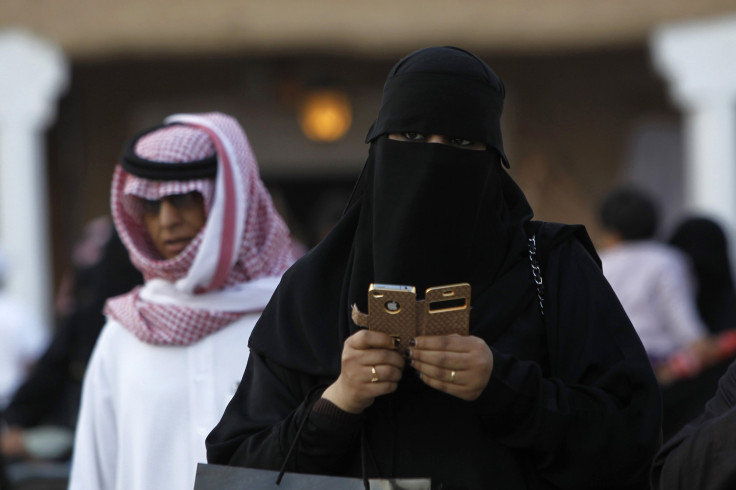Saudi Arabia Religious Police Arrest ‘Virginity Restoration’ Doctor Accused Of Blackmailing Female Patients Online

Saudi Arabia’s religious police arrested a doctor accused of blackmailing young women after promising them “virginity restoration” procedures over the Internet, local news outlets reported on Wednesday. The case of the unnamed doctor has now been referred to the country’s public prosecutor, which is now widening its investigation into the doctor’s practices after several photos of various women were discovered on his phone.
An initial probe revealed that the 41-year-old Saudi doctor from the southwestern city of Khamis Mushait used at least one social media account to solicit patients interested in surgically restoring their hymens, Gulf News reported. Investigators reportedly found medical equipment used in such procedures in the suspect’s car after a young woman complained to the religious police that the doctor had threatened to post photos of her online if she refused his demands.
Premarital sex is taboo in Saudi Arabia’s conservative society, where virginity is viewed as an absolute prerequisite for women seeking marriage. Because an intact hymen (the thin membrane that lines the vaginal opening) is widely seen as evidence of virginity, many women have increasingly taken to seeking out hymenoplasty procedures that “restore” or “repair” the membrane. A 2013 study by the American University of Beirut found that demand for such procedures was on the rise across the region.
The subject has become notable enough to spark public debate among Saudis, with some preachers issuing religious proclamations about the permissibility of such surgeries. One notable fatwa by the prominent Islamic preacher Sheikh Salman Al Ouda argued that hymen restoration procedures were acceptable given the serious consequences some women faced in the event of questions emerging about their virginity.
"In such a case, it is permissible for her to do it in order to protect herself as well as her life and future. This is a grave social matter that may end up in the murder of women,” Al Ouda said, citing a United Nations study that found that 5,000 women were murdered annually in so-called honor killings.
Others have distanced the issue from religion entirely, pointing to the uniformity of the taboo among various faith communities across the Middle East. "We should remember that when people wait for the virgin's blood to be spilled on the sheet, these are all cultural traditions," Syrian cleric Sheikh Mohamad Habash told the BBC. "This is not related to Shariah law."
© Copyright IBTimes 2024. All rights reserved.












